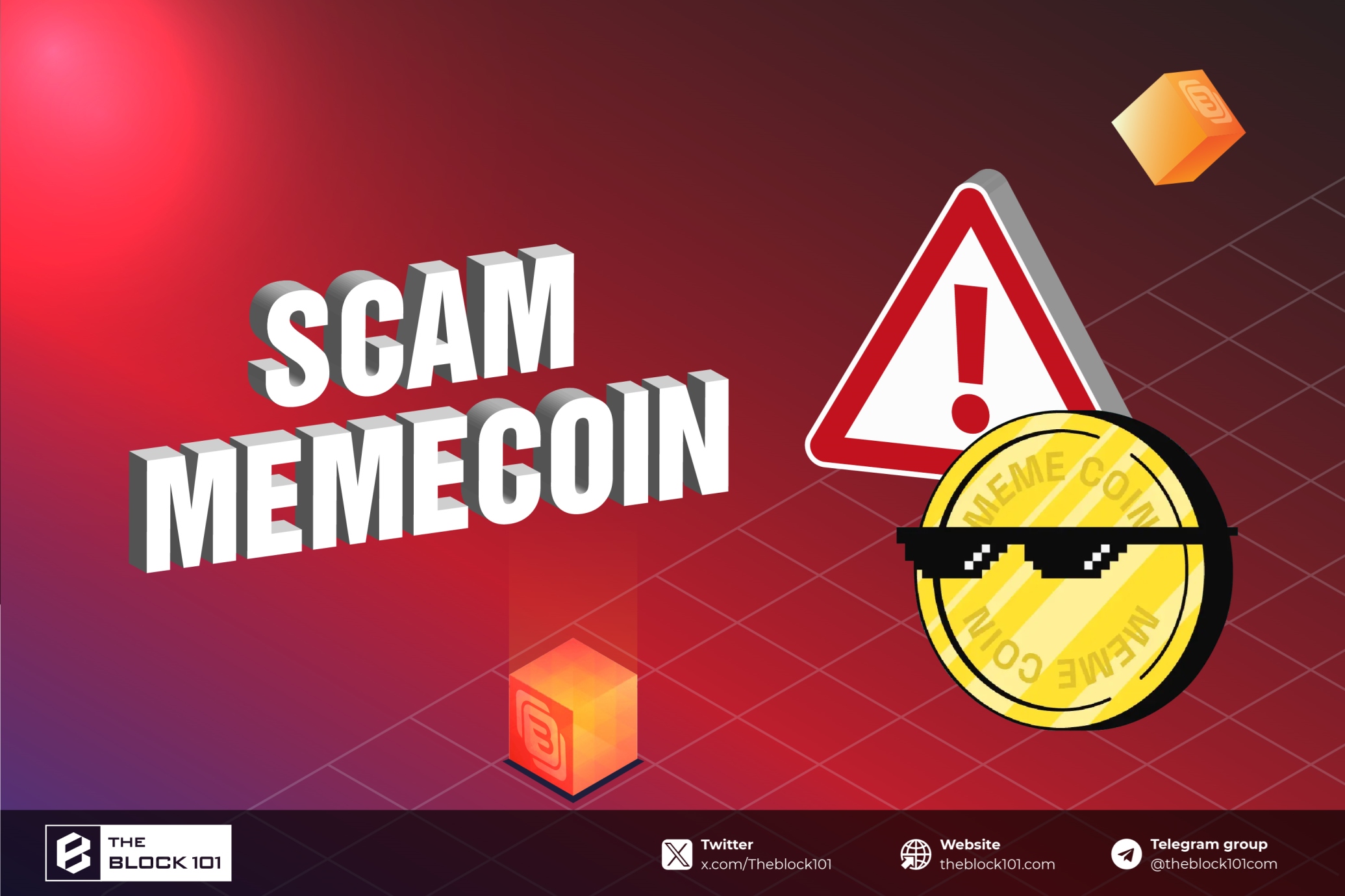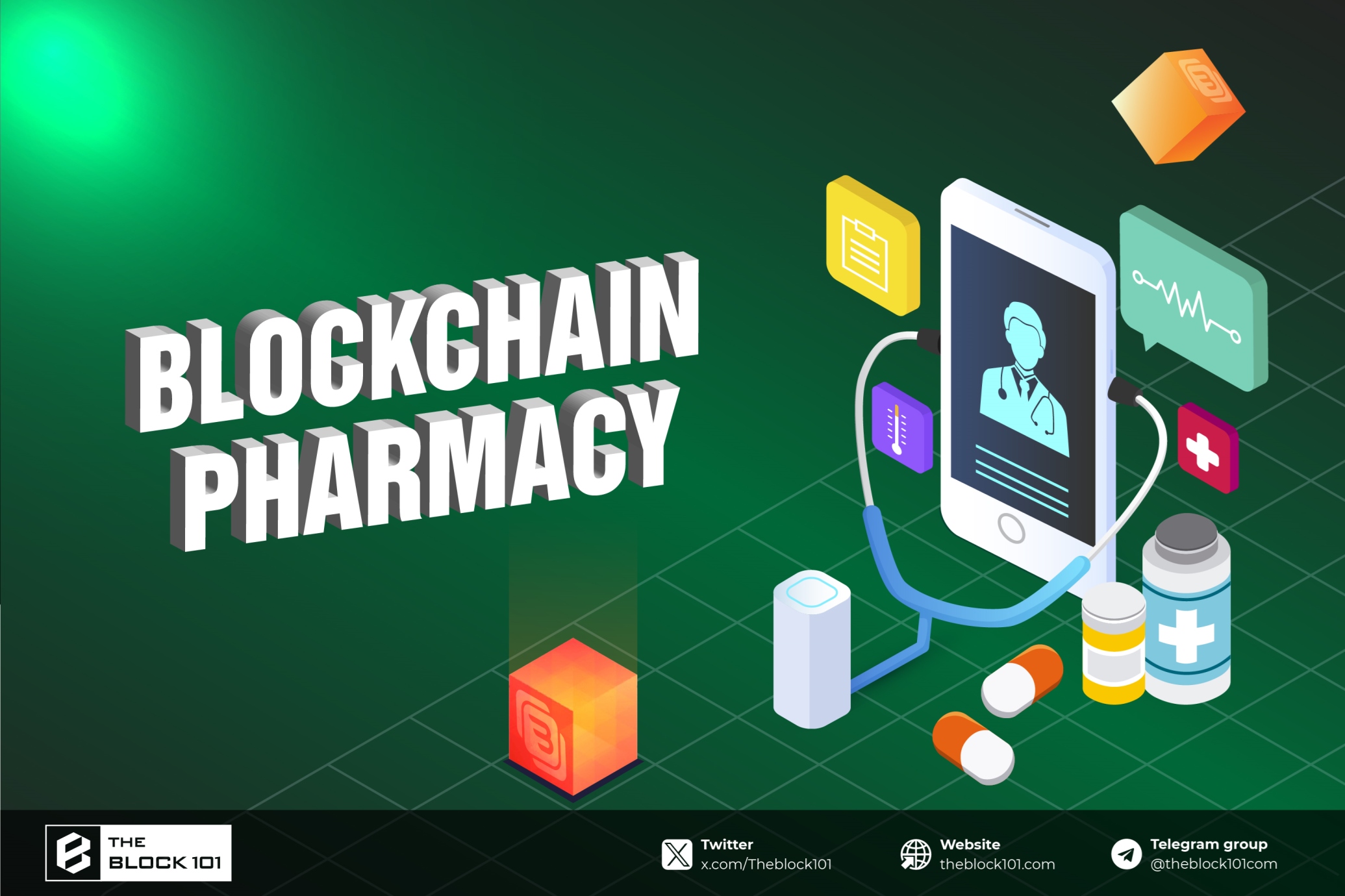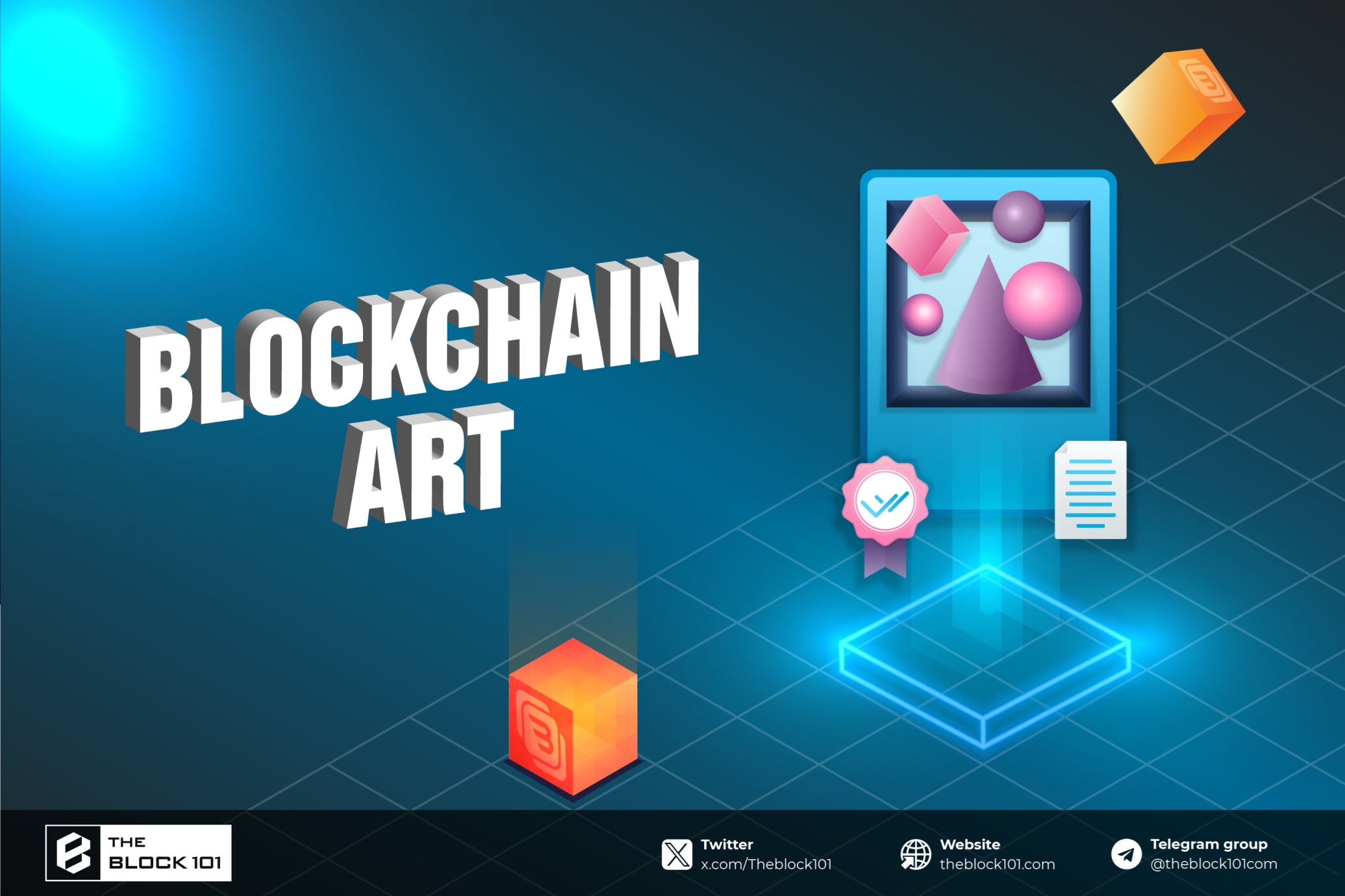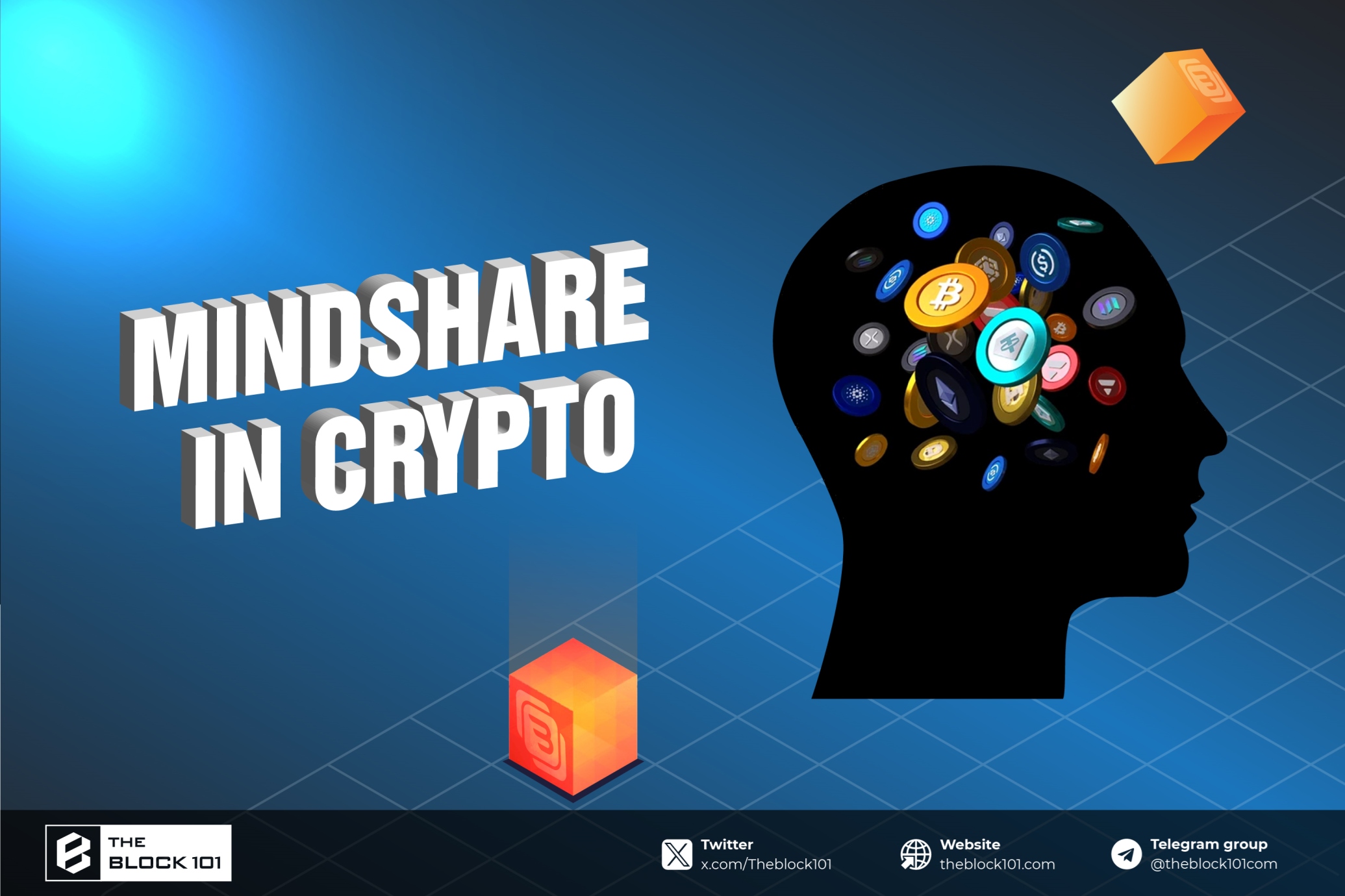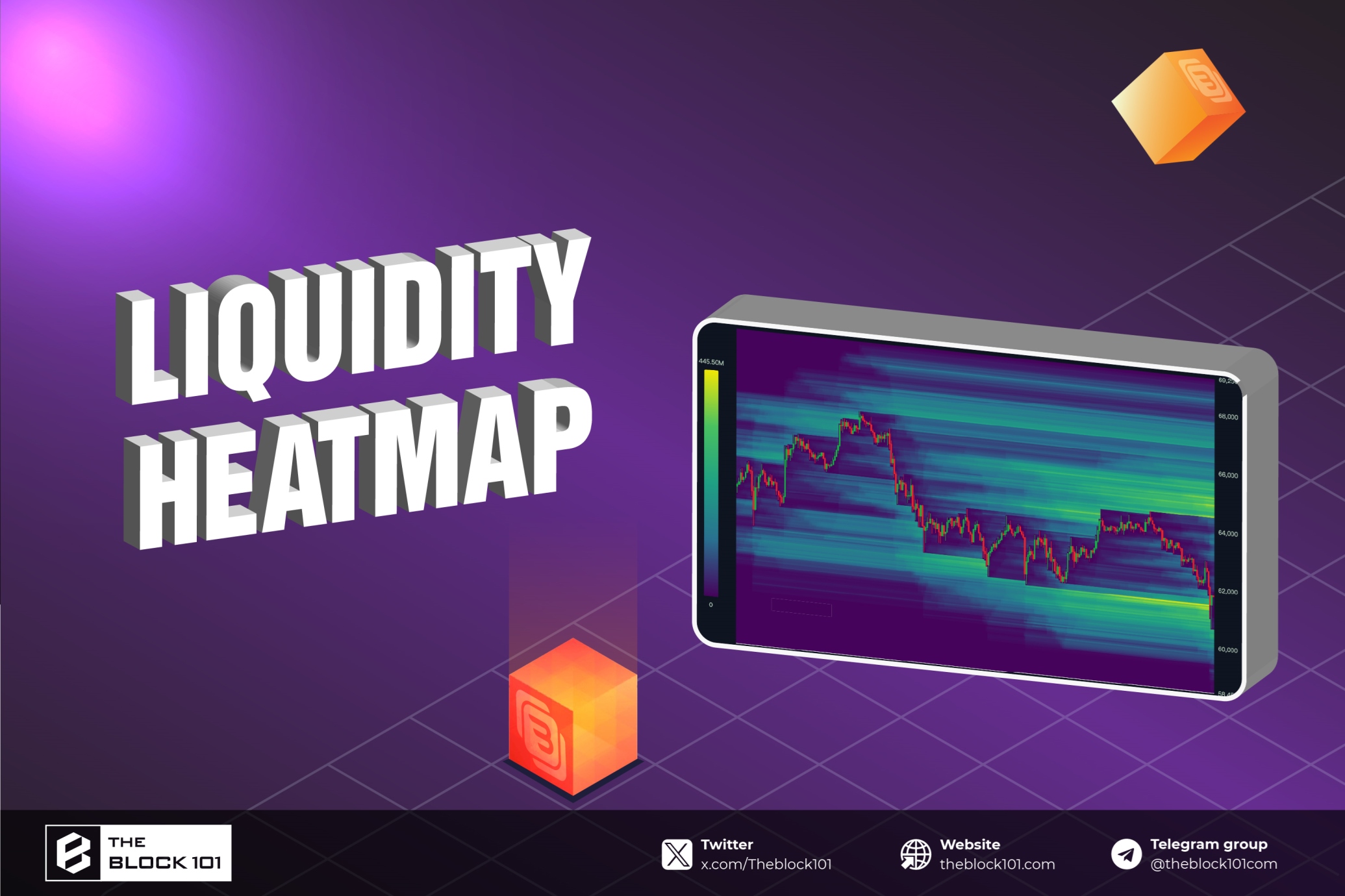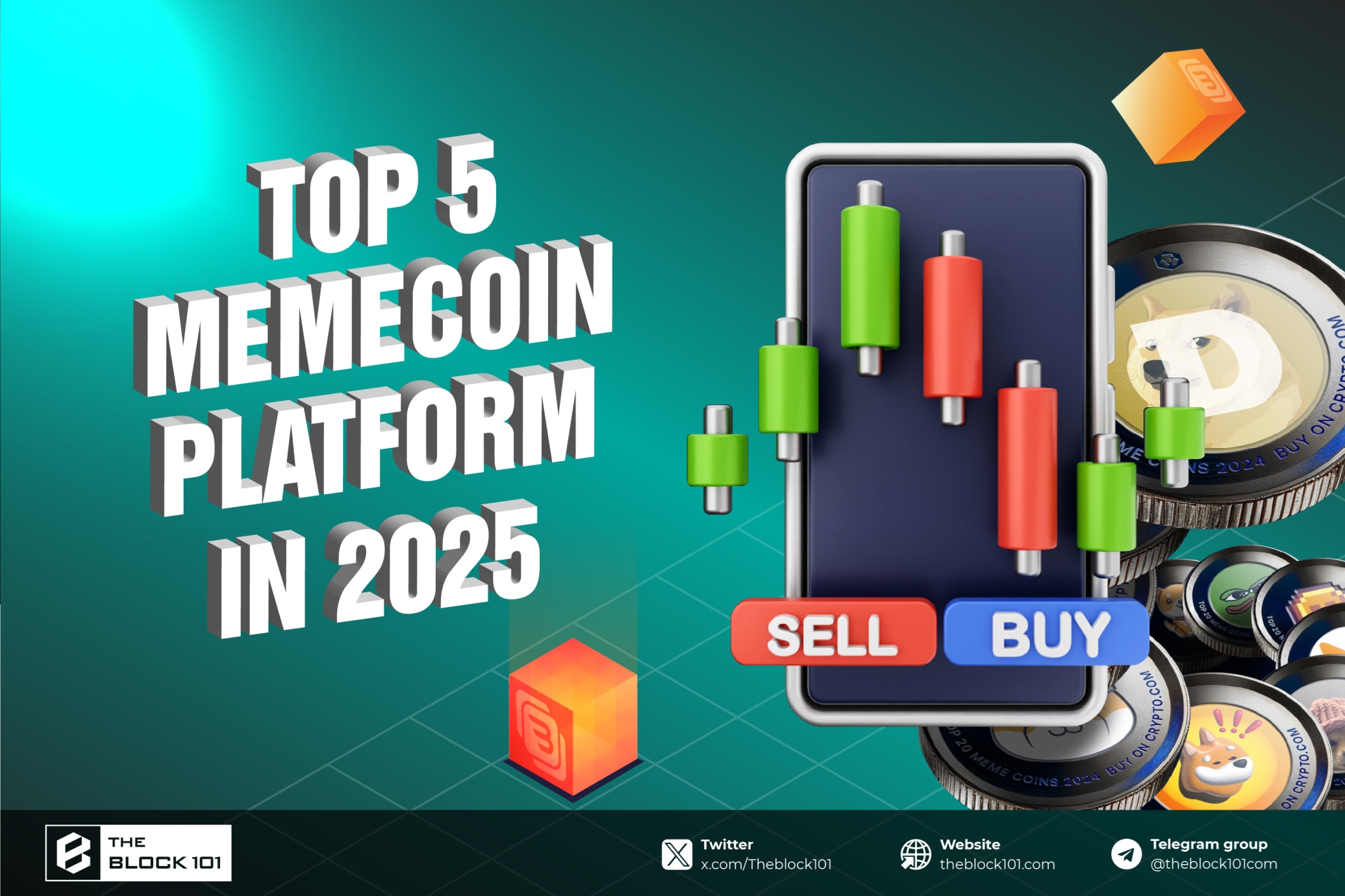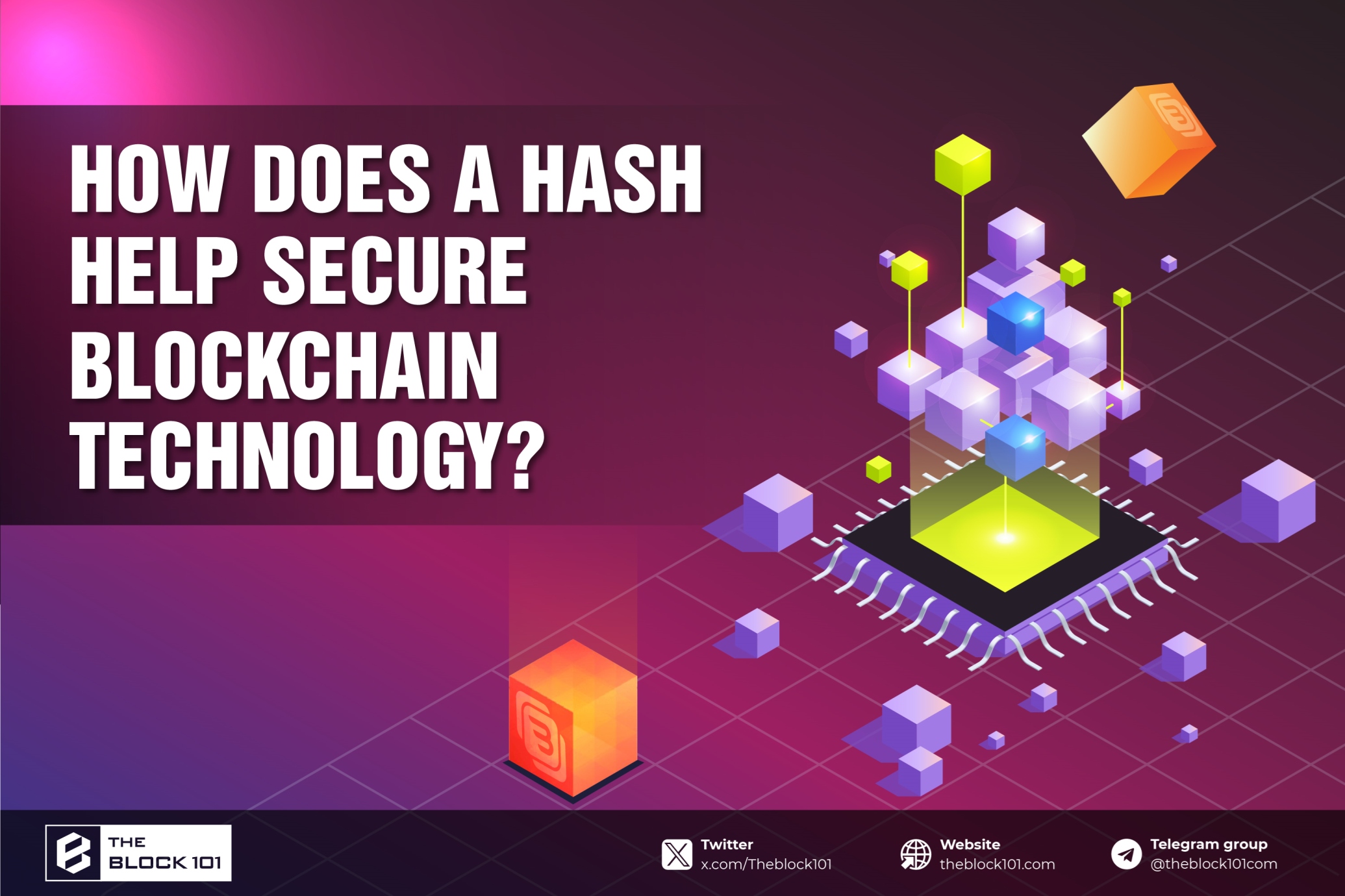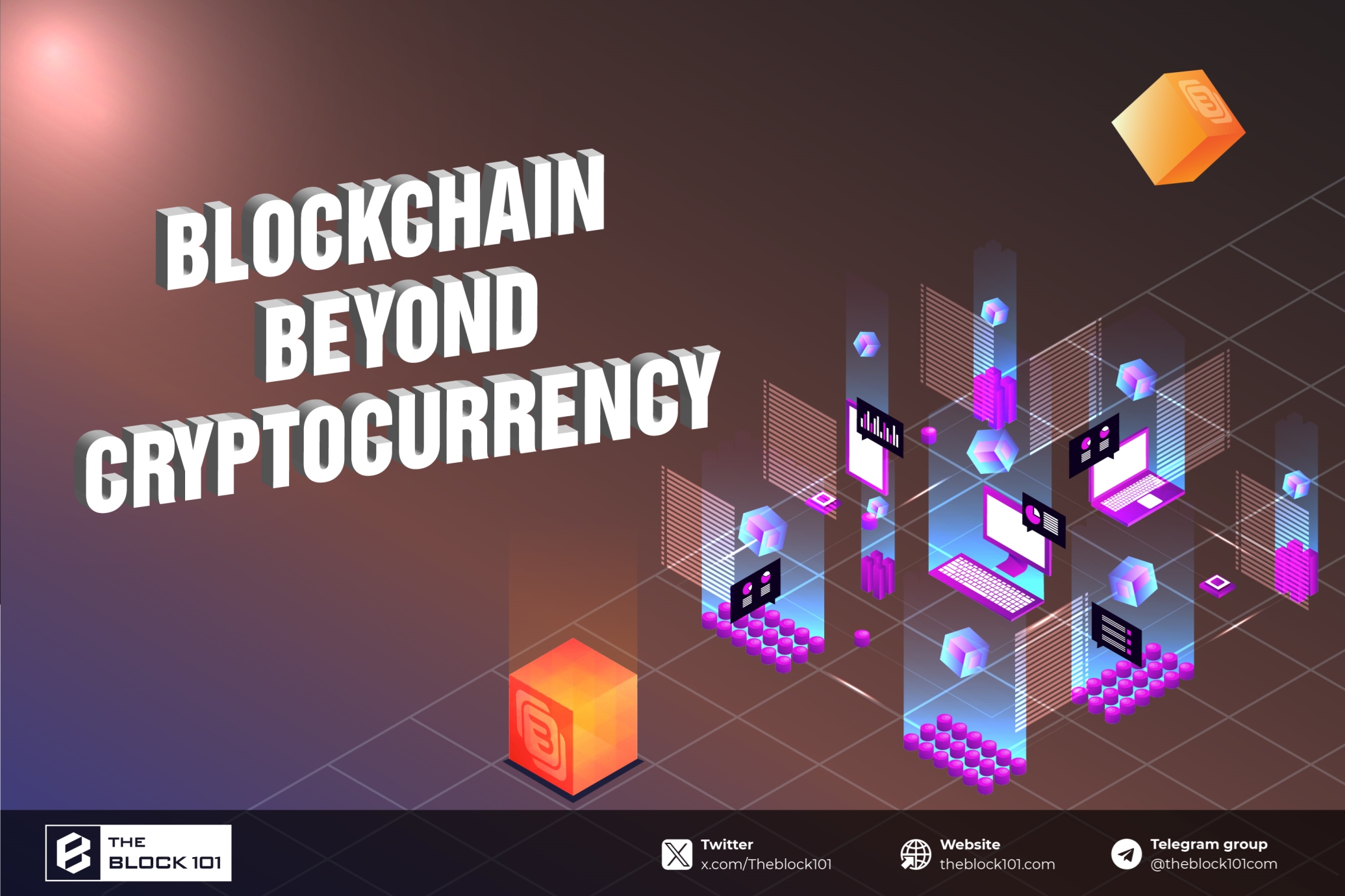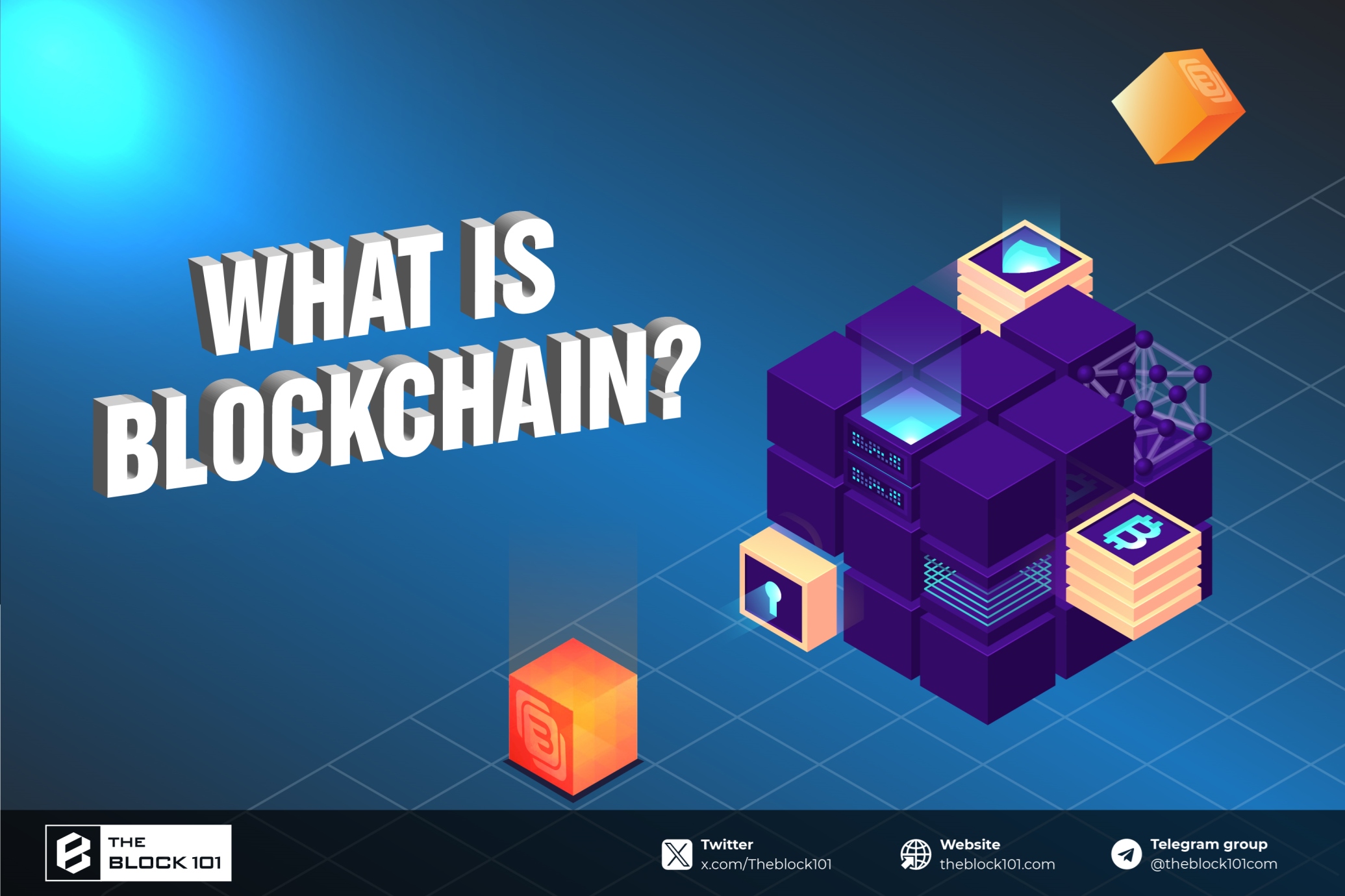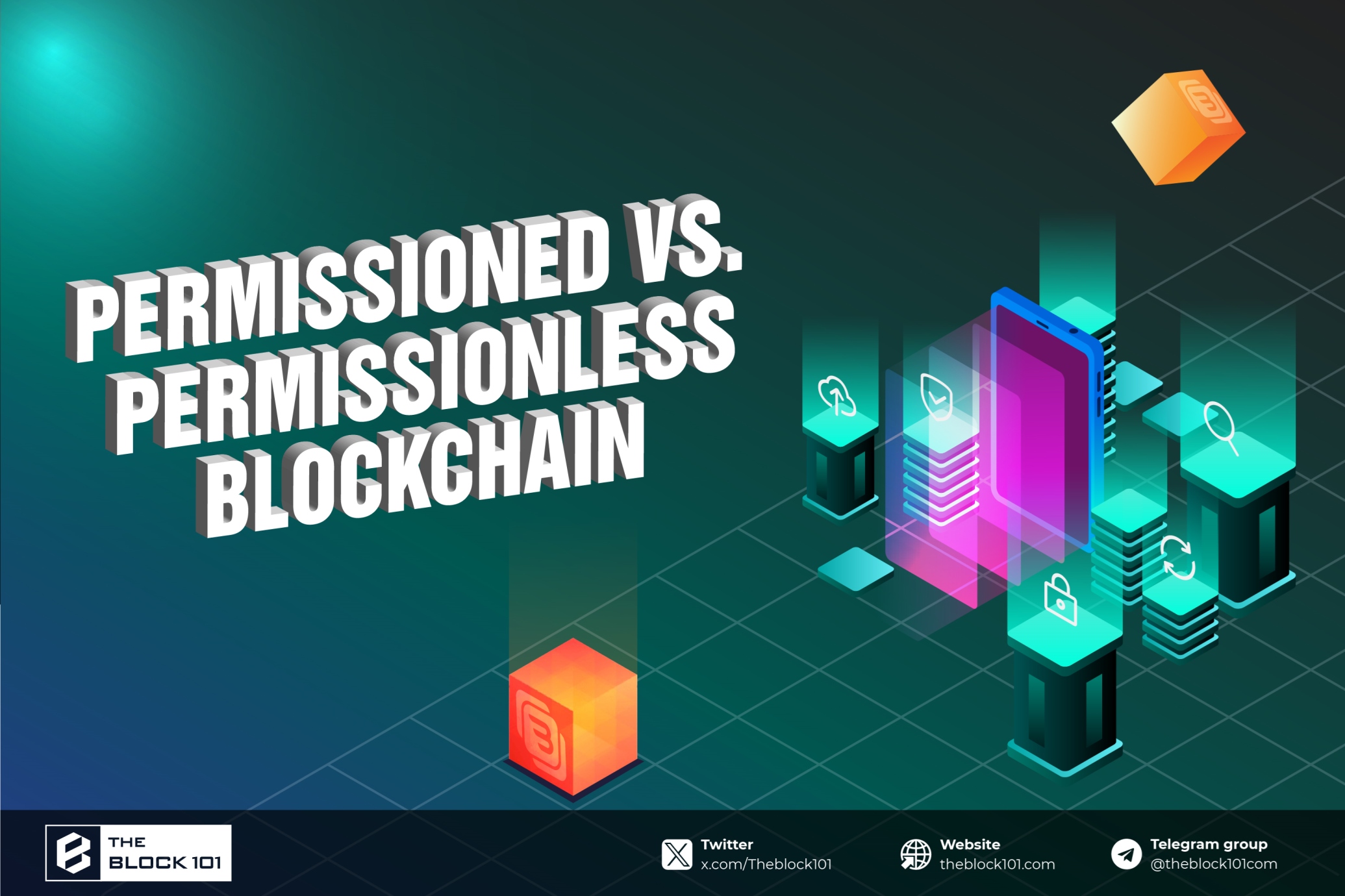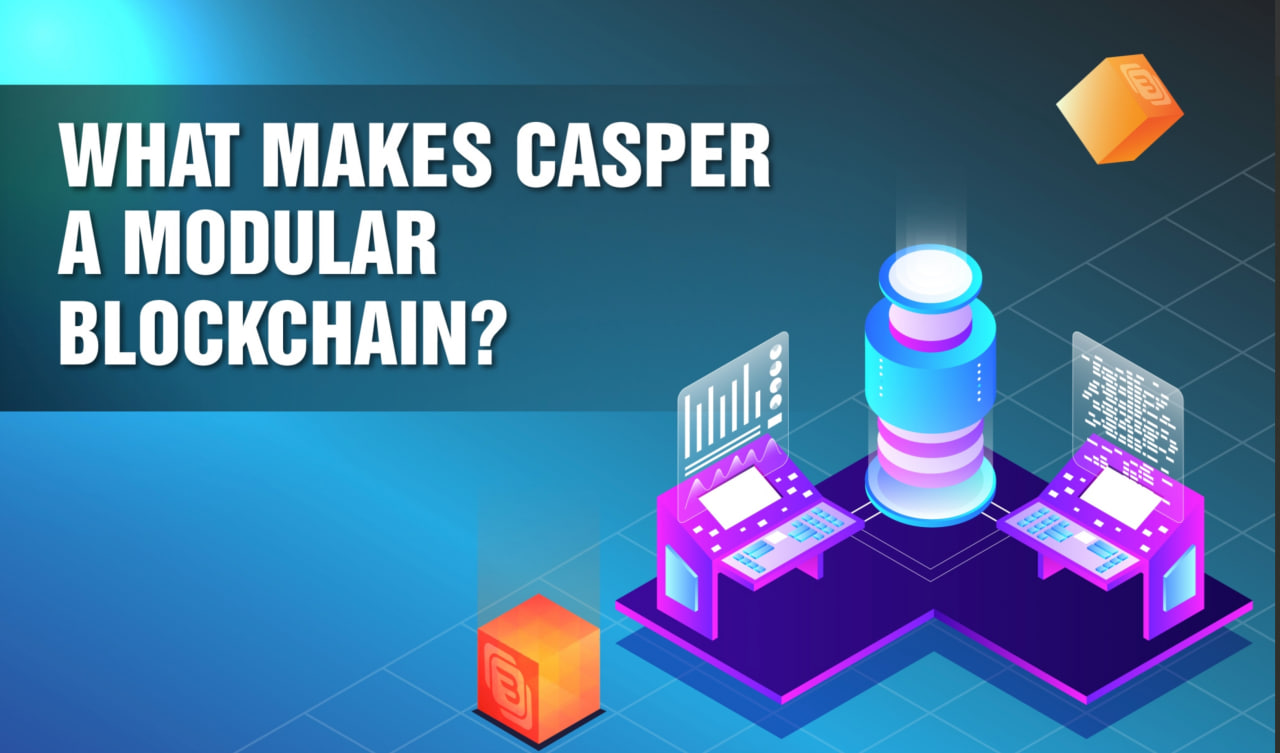1. What is DeFi?

DeFi (Decentralized Finance) leverages blockchain technology to recreate and enhance financial systems. Unlike traditional finance, which relies on centralized institutions, DeFi operates on decentralized networks, enabling peer-to-peer (P2P) transactions and eliminating intermediaries. This results in lower costs, faster transactions, and a more reliable system that is accessible to all.
The foundation of DeFi lies in decentralized applications (dApps), which replicate traditional banking functions like payments, savings, borrowing, and trading. Smart contracts, programmable agreements that execute automatically when conditions are met, are central to the functionality of these dApps.
The journey of DeFi began with the launch of Bitcoin by Satoshi Nakamoto in 2009. Bitcoin introduced a decentralized payment system, but it was the development of Ethereum that truly revolutionized the space. Ethereum's smart contracts enabled the creation of complex financial instruments and dApps, paving the way for a myriad of DeFi applications.
2. Services offered by DeFi companies
DeFi companies offer a range of services that mirror traditional financial services but operate in a decentralized manner. These include:
-
Smart contracts & Tokenomics: DeFi aims to rebuild the financial system using blockchain technology, replacing traditional bureaucracy with smart contracts and tokenomics.
-
Decentralized applications (dApps): These are designed to perform core banking functions such as payments, saving, borrowing, and trading without intermediaries.
-
Liquidity pools & Lending: Platforms like Compound pioneer the concept of liquidity pools, allowing users to lend and borrow tokens with interest rates determined by supply and demand.
-
Decentralized Exchanges (DEXs): DEXs like Uniswap and Serum replace centralized trading platforms with code, enabling peer-to-peer asset exchanges.
-
Asset management: Projects like Yearn.finance optimize users’ cryptocurrency yields through various investment strategies.
-
Insurance: DeFi insurance platforms, such as Nexus Mutual, protect users against smart contract failures.
These services reflect the broader goal of DeFi to create a more efficient, accessible, and decentralized financial ecosystem.
3. Key DeFi companies in 2024
3.1. Metamask
Metamask is a leading crypto wallet and gateway to the Ethereum network. With over 10 million users, it facilitates secure transactions and access to decentralized applications (dApps). Metamask is not just a wallet; it is a portal to the world of Web3, offering users autonomy, privacy, and ownership over their digital assets.
MetaMask is developed by ConsenSys, a blockchain software company that focuses on Ethereum-based tools and infrastructure. If you’re interested in integrating MetaMask into your dApps, you can explore their developer documentation.
3.2. Compound
Compound revolutionizes lending and borrowing within the DeFi space. By using liquidity pools, Compound allows users to earn interest on their crypto assets or borrow against them. The platform operates on an algorithmic model, setting interest rates based on supply and demand. Additionally, Compound's native COMP token enables users to participate in the platform's governance.
3.3. Chainlink
Chainlink is a decentralized platform that bridges existing systems with blockchains, enabling secure cross-chain communication. Chainlink provides various services including data feeds, proof of reserve, automation and VRF (verifiable randomness function).
3.4. Avalanche
Avalanche is a smart contract platform designed to rival Ethereum by offering higher transaction speeds and scalability. With the ability to process 4,500 transactions per second and achieve finality in three seconds, Avalanche aims to provide a robust infrastructure for DeFi applications, positioning itself as a formidable competitor in the space.
3.5. Uniswap
Uniswap is a decentralized exchange protocol built on the Ethereum blockchain, which is backed by Uniswap Labs. It allows users to trade Ethereum-based tokens directly from their wallets, without the need for a centralized intermediary. Uniswap employs an automated market maker (AMM) model, which uses liquidity pools instead of traditional order books to facilitate trades.
Uniswap Labs is the development team behind the Uniswap protocol. It was founded by Hayden Adams in November 2018. The team is responsible for developing and maintaining the Uniswap platform, ensuring its security, and introducing new features and improvements.
3.6. Ondo Finance
Ondo Finance is a company that collaborates with Uniswap to bridge the gap between traditional finance and decentralized finance (DeFi). It focuses on integrating real-world assets (RWAs) into the DeFi ecosystem. RWAs include assets like bonds, real estate, and other tangible financial instruments that are tokenized and brought onto the blockchain.
3.7. Quantstamp
Quantstamp is a prominent blockchain security company that specializes in auditing smart contracts and blockchain applications. Established in 2017, Quantstamp aims to enhance the security and reliability of decentralized applications (dApps) by providing comprehensive security audits and solutions.
4. Impact of DeFi Companies
-
Financial inclusion
DeFi companies are democratizing access to financial services. In regions with underdeveloped banking infrastructure, individuals can access loans, savings, and investment opportunities without the need for traditional banks.
-
Innovation in financial products
The DeFi space is a hotbed for innovation. Concepts like flash loans, yield farming, and liquidity mining have introduced new ways for users to interact with financial products, often offering higher returns than traditional finance.
-
Transparency and security
Blockchain’s inherent transparency reduces the risk of fraud and corruption. Users can verify transactions and smart contract code, ensuring a higher level of trust and security. However, the security of smart contracts themselves remains a critical concern, with several high-profile hacks highlighting the need for robust code audits and security practices.
-
Economic efficiency
By removing intermediaries, DeFi protocols can offer services at lower costs. This increased efficiency is particularly evident in cross-border transactions, where traditional banking fees and delays are significantly reduced.
5. Challenges facing DeFi Companies
While DeFi companies present numerous opportunities, they also face challenges:
-
Regulatory uncertainty
The regulatory environment for DeFi is still evolving. Governments around the world are grappling with how to oversee this new financial ecosystem. Compliance with Know Your Customer (KYC) and Anti-Money Laundering (AML) regulations is a significant challenge for DeFi companies, given their decentralized nature.
-
Security risks
Despite the promise of increased security, DeFi platforms are not immune to hacks and exploits. Vulnerabilities in smart contracts can lead to significant financial losses. Ensuring robust security measures and conducting thorough audits are essential for the longevity of DeFi projects.
-
Scalability issues
Many DeFi platforms are built on Ethereum, which has faced scalability issues, resulting in high gas fees and slower transaction times. The transition to Ethereum 2.0 and the development of Layer 2 solutions aim to address these issues, but in the interim, scalability remains a challenge.
-
User experience
The complexity of DeFi protocols can be a barrier to entry for mainstream users. Improving user interfaces and providing educational resources are critical for broader adoption.
6. Conclusion
The DeFi landscape in 2024 is vibrant and dynamic, with numerous companies pushing the boundaries of what is possible in finance. From Metamask's user-friendly wallet to Avalanche's high-speed network, each company contributes to the decentralized revolution. As DeFi continues to evolve, it promises to bring about a more open, efficient, and inclusive financial system, fundamentally changing how we interact with money and assets.
DeFi represents the future of finance, and the companies leading this charge are at the forefront of a transformative movement. As they innovate and expand, they are not only reshaping the financial landscape but also empowering individuals and communities worldwide. The journey of DeFi is just beginning, and its potential is boundless.
Read more:
- What is DeFi? 3 things investors should know about DeFi in 2024
- Top DeFi Examples every investor should know about in 2024
- What is ether.fi airdrop? Your gateway to DeFi advancement

 English
English Tiếng Việt
Tiếng Việt.jpg)

